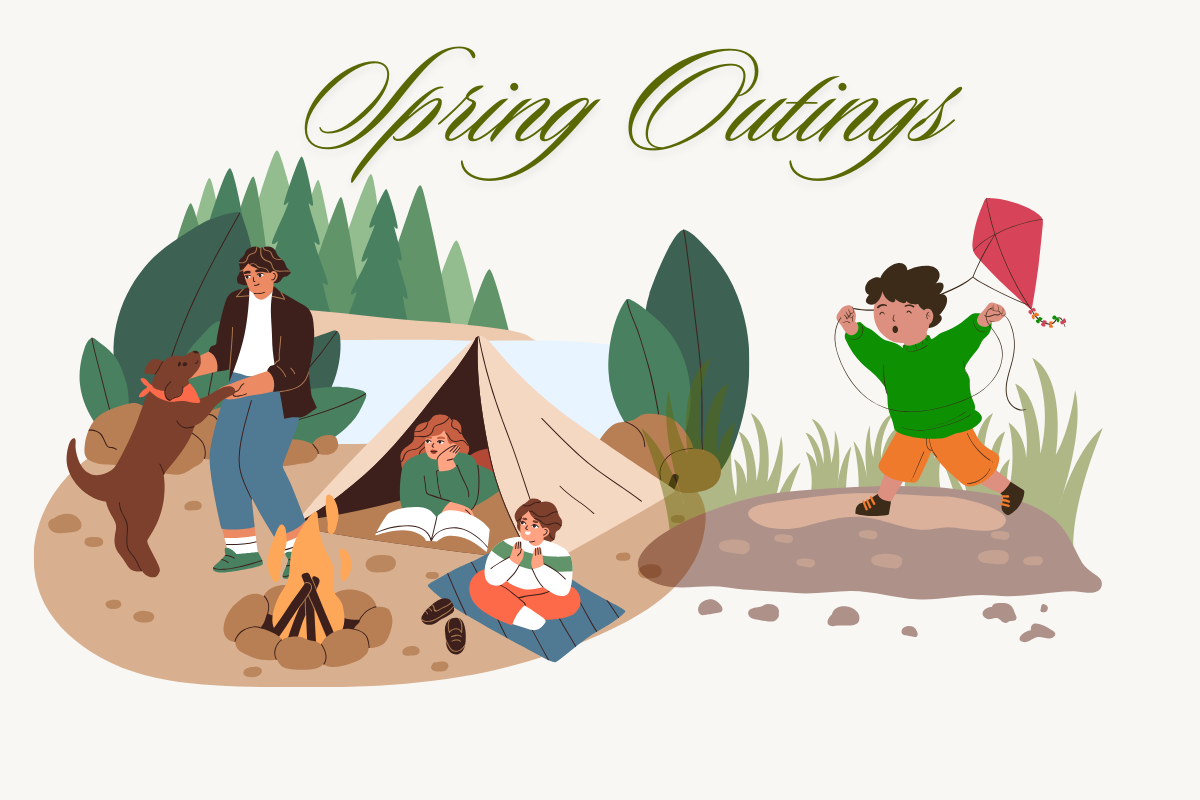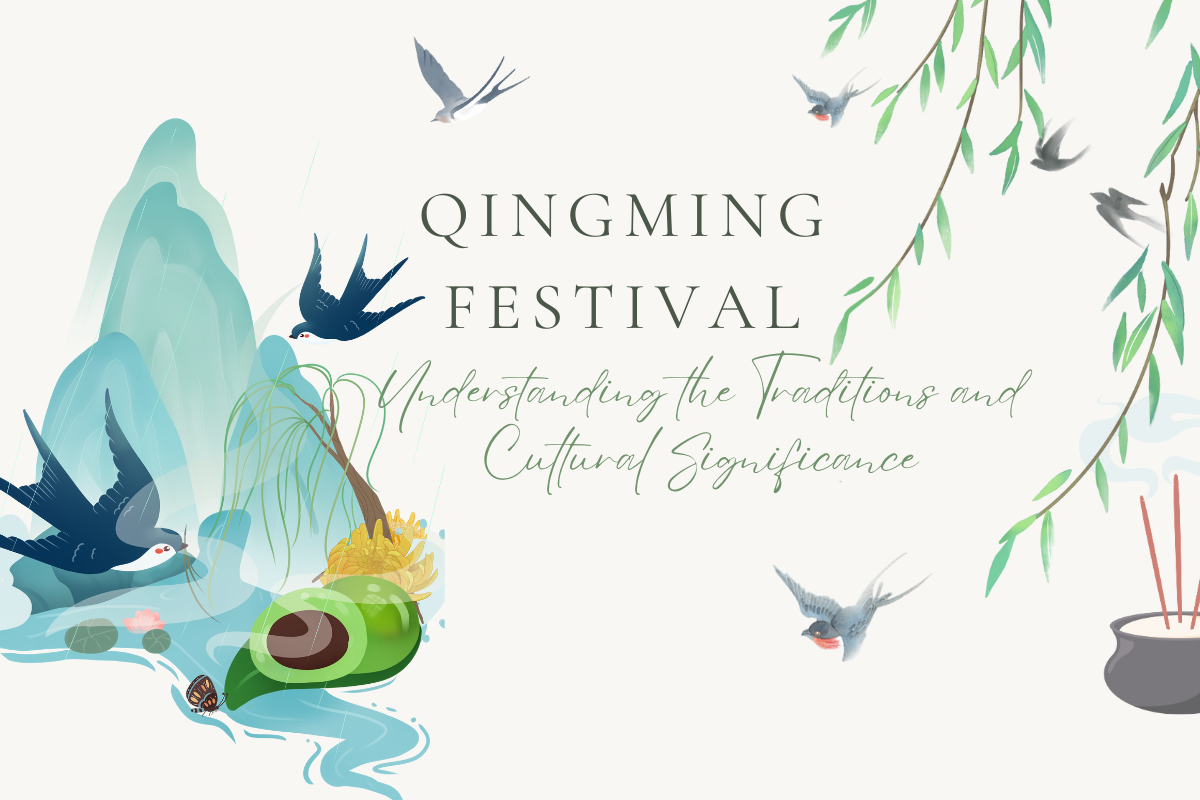Understanding the Traditions and Cultural Significance of Qingming Festival
Qingming Festival is one of the traditional and important festivals in China, and it is also one of the twenty-four solar terms, usually falling between April 4th and 6th each year in the Gregorian calendar. Qingming Festival is not only a day for paying respects to ancestors and sweeping tombs, but it is also a perfect time for enjoying outdoor activities and appreciating the beauty of nature.
Origin of Qingming Festival
Qingming Festival originated from the ancient Cold Food Festival and the Shangsi Festival, which gradually merged into one holiday. The Cold Food Festival was established to commemorate 纪念(jì niàn) Jie Zitui, a loyal minister in the Jin State during the Spring and Autumn Period, while the Shangsi Festival was a day for outings and rituals to dispel bad luck. During the Tang Dynasty, the Cold Food Festival and Qingming Festival were combined, forming the Qingming Festival celebrated today.
纪念(jì niàn),verb,commemorate
Example:
- Every year on this day, we commemorate the victims of the disaster.
每年的这一天,我们都纪念这场灾难的受害者。
měi nián de zhè yī tiān ,wǒ men dōu jì niàn zhè chǎng zāi nàn de shòu hài zhě - The school organized an activity to commemorate the school's anniversary.
学校组织了一项活动来纪念校庆。
xué xiào zǔ zhī le yī xiàng huó dòng lái jì niàn xiào qìng
Major Customs of Qingming Festival
Tomb Sweeping and Ancestor Worship: This is the most important custom of Qingming Festival. People visit their ancestors' graves, clean up weeds, offer fresh flowers, food, burn paper money, expressing their remembrance and respect for their ancestors.
Spring Outings: As Qingming Festival falls during the blossoming spring season, it is a time for people to go on spring outings, enjoy the beautiful natural scenery, and embrace the springtime ambiance.
Planting Willow Branches: Ancient beliefs held that willow branches could ward off evil spirits, so there is a custom of planting and wearing willow branches during Qingming Festival.
Flying Kites: Flying kites during Qingming Festival is a traditional activity believed to dispel bad luck and bring good fortune 运气(yùn qì).
运气(yùn qì), noun, fortune
Example:
- She seems to have good fortune in her career.
她在事业上似乎运气很好。
tā zài shì yè shàng sì hū yùn qì hěn hǎo - Sometimes fortune favors the brave.
有时候运气眷顾勇敢的人。
yǒu shí hou yùn qì juàn gù yǒng gǎn de rén
Eating Qingtuan: Qingtuan is a traditional snack of Qingming Festival made with mugwort juice and glutinous rice flour, often filled with red bean paste or sesame, symbolizing the vitality of spring.

Cultural Significance of Qingming Festival
Qingming Festival not only honors ancestors but also embodies the Chinese value of filial piety and the importance of remembering and respecting one's roots. It reminds people to appreciate the virtues of their ancestors and uphold family traditions. Moreover, Qingming Festival reflects the harmony between humans and nature, as people pay respects to ancestors while also connecting with nature and enjoying the beauty of spring.
Qingming Festival and the Twenty-Four Solar Terms
Qingming Festival is the fifth solar term among the twenty-four, marking the deepening of spring. During this period, temperatures rise, and rainfall increases, making it an ideal time for spring plowing and planting. As the saying goes, "Before and after Qingming, sow melons and beans," highlighting the close relationship between Qingming Festival and agricultural activities.
Qingming Festival carries a rich cultural heritage, serving as a day of remembrance for ancestors and a joyful celebration of the arrival of spring.
